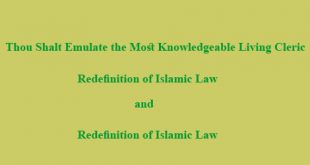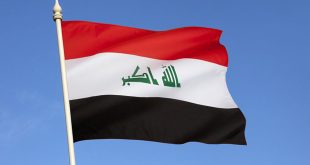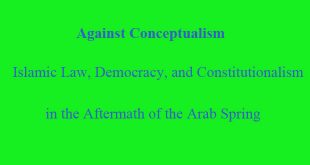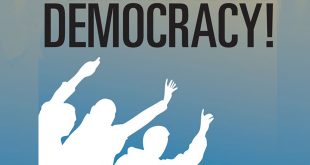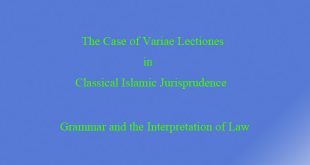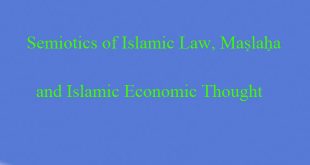The purpose of the thesis is to investigate whether Islamic laws, without relaxing the nature of the Shari 'a, could be expanded and adapted to meet the changing needs of modem Muslim societies....
Read More »Article: Sayyid Musa al-Sadr, the Lebanese State, and the Left
This article revisits Sayyid Musa’s engagement with the Lebanese state, and his approach to the Left and its secularist programmes...
Read More »Thou Shalt Emulate the Most Knowledgeable Living Cleric +PDF
The paper, titled "Thou Shalt Emulate the Most Knowledgeable Living Cleric: Redefinition of Islamic Law and Authority in Usuli Shi‘ism," analyses the reconceptualization of Islamic law and authority as defined by Murtada al-Ansari...
Read More »Article: ‘We the Jurists’: Islamic Constitutionalism in Iraq +PDF
This article examines the implications of incorporating Islamic law in a modern democratic constitutional context. The new Iraqi constitution's designation of Islamic law as "a source of law" placed the issue of Islamic law's role in new democracies at the...
Read More »Against Conceptualism: Islamic Law, Democracy, and Constitutionalism in the Aftermath of the Arab Spring
This article focuses on conceptual debates surrounding the incorporation of Islamic law (shari’a) into the constitutions of Middle Eastern countries as “a source,” “a primary source,” or “the primary source” for legislation against which the validity of ordinary legislation may possibly be reviewed...
Read More »Article: Islam and the Challenge of Democracy+PDF
The question which writer deals with here is whether concurrent and simultaneous moral and normative commitments to Islam and to a democratic form of government are reconcilable or mutually exclusive...
Read More »Al-Qawa’id al-Fiqhiyyah (Islamic Legal Maxims)+PDF
The thesis titled “Al-Qawa'id al-Fiqhiyyah (Islamic Legal Maxims): Concept, Functions, History, Classifications and Application to Contemporary Medical Issues” analyses al-qawa'id al-fiqhiyyah (Islamic legal maxims), one of the significant disciplines of Islamic legal thought...
Read More »The Implementation of the Sharia Law in Medical Practice
As medical ethics indisputably needs to consider patients’ religious beliefs and spiritual ideas, one can suggest that hospitals are responsible for not only patients’ rights and dignity, but also for her/his religious concerns and...
Read More »Article: The Case of Variae Lectiones in Classical Islamic Jurisprudence
The qirāʾāt or variae lectiones represent the vast corpus of Qurʾānic readings that were preserved through the historical processes associated with the textual codification and transmission of the Qurʾān...
Read More »Article: Semiotics of Islamic Law, Maṣlaḥa, and Islamic Economic Thought
The paper explores the role and meaning of maṣlaḥa and its possible appropriation in the field of Islamic legal and economic thought, as laid down by various medieval and contemporary Muslim scholars...
Read More » Ijtihad Network Being Wise and Faithful Muslim in the Contemporary World
Ijtihad Network Being Wise and Faithful Muslim in the Contemporary World


